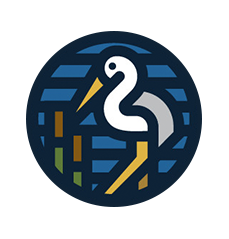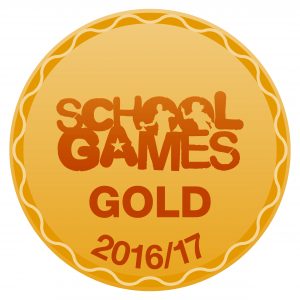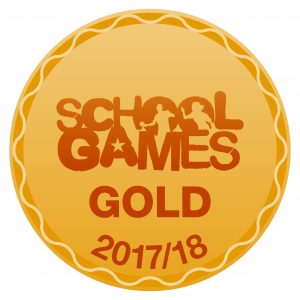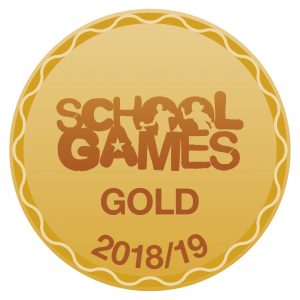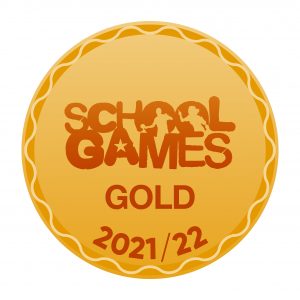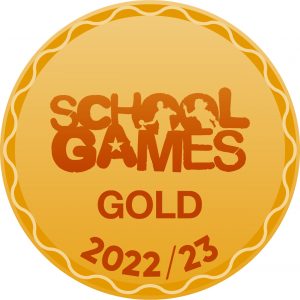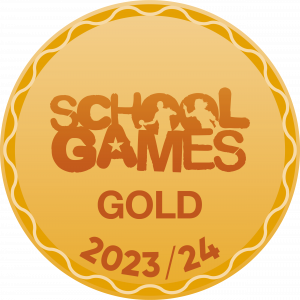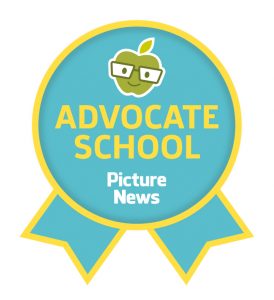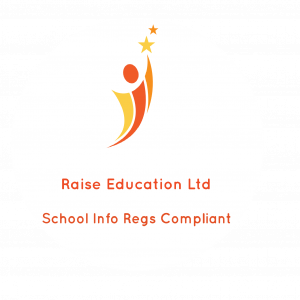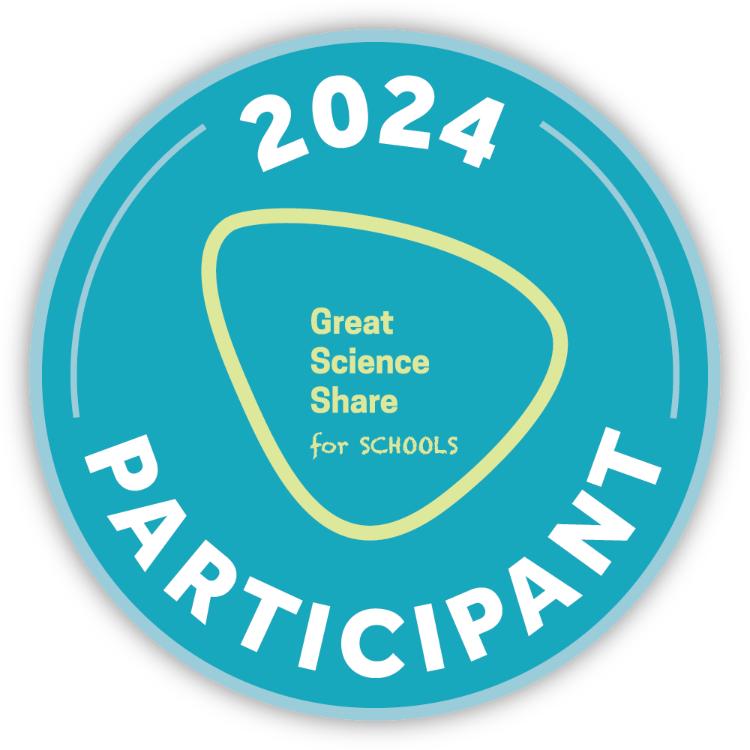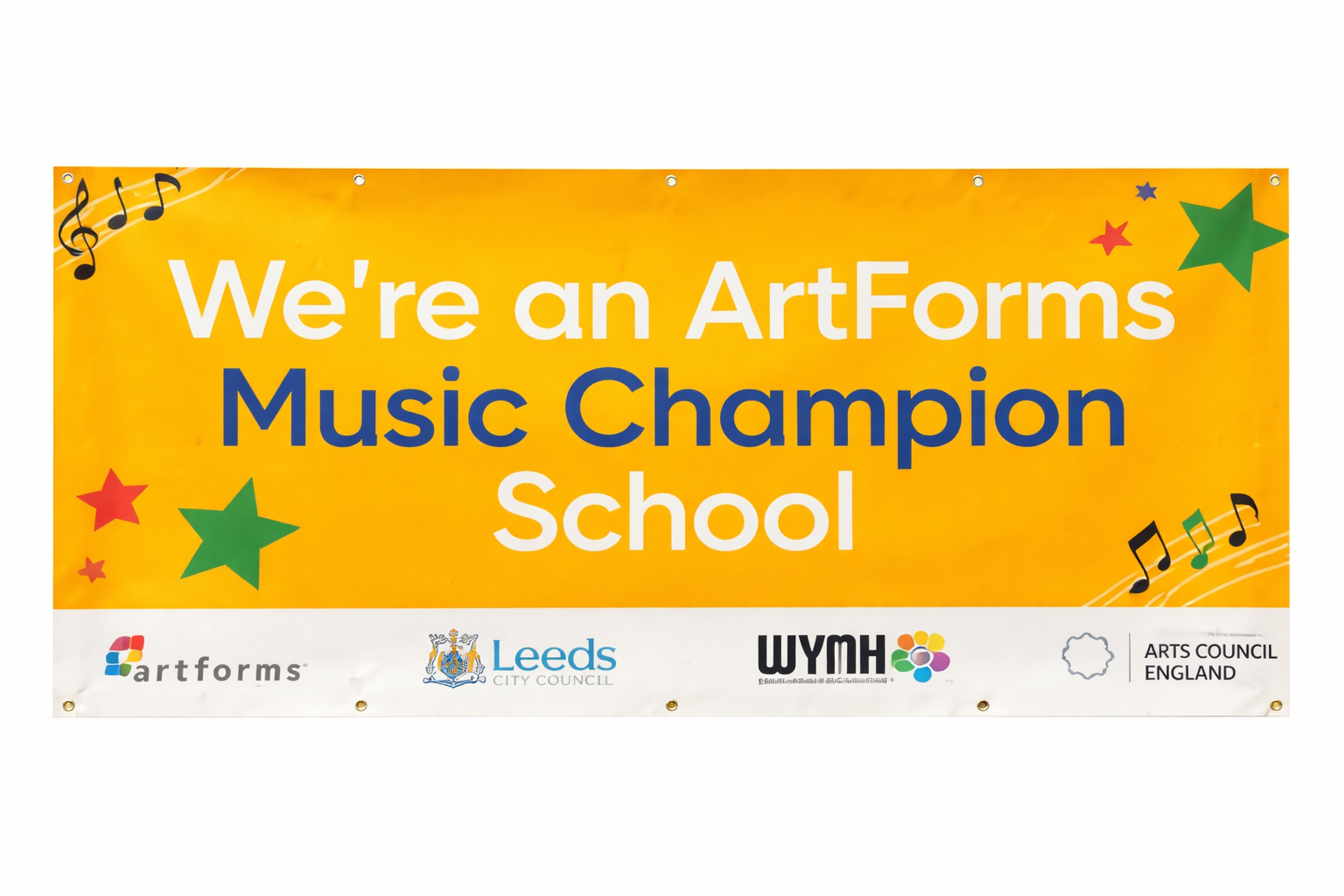Intent – What is the purpose of our Religious Education curriculum?
At Tranmere Park Primary, we believe that RE is a fundamental part of our curriculum. Our curriculum is open and objective – it doesn’t seek to urge religious beliefs on young people, nor compromise the integrity of their own religious position by promoting one tradition over another.
(Parents and carers have the right to withdraw their child from all or part of R.E.)
We intend to:
- Develop the moral compasses of our pupils allowing them to be free to discuss and express their feelings, beliefs and values.
- As stated by the Commission on RE, September 2018: we aim to explore the important role that religious and non-religious worldviews play in all human life. We intend to prepare our students for the spiritual and intellectual challenges of living in a world with diverse religions and beliefs as well as non-belief, as suggested by Wintersgill (2017).
- We will develop a broad, but rigorous, understanding of religions/worldviews in the context of our local communities and country.
- Know and understand the key concepts of ‘worship’, ‘festivals and morals’ and ‘traditions and beliefs.’
- Equip pupils with the disciplinary knowledge of a theologist (comparing non-judgementally, studying creation stories and how these impact upon wider environmental issues, noticing and studying similarities and differences across faiths and different cultures, whilst understanding the significance of shared belief, community and harmony.)
In summary, we believe that RE should challenge stereotypes, not reinforce them thus ensuring that all pupils reach their full potential as their individual needs and abilities are recognised and developed within a caring and supportive environment. We believe RE is of paramount importance for our children in order to respect each other’s views and values. We promote the equal value of all religions as well as teaching the children to celebrate cultural diversity.
|
Our Children will: |
Our Teachers will: |
|
|
Implementation - How do we do it?
The Learning Journey
EYFS Long Term PlanRE Long Term Plan Y1 - Y6
Religious Education at Tranmere Park Primary School is based around six threads or ‘pathways’ through which the most important features of RE may be understood. Coherent and sequential learning is built on these pathways and then earthed by thematic and systematic study of specific religions/worldviews.
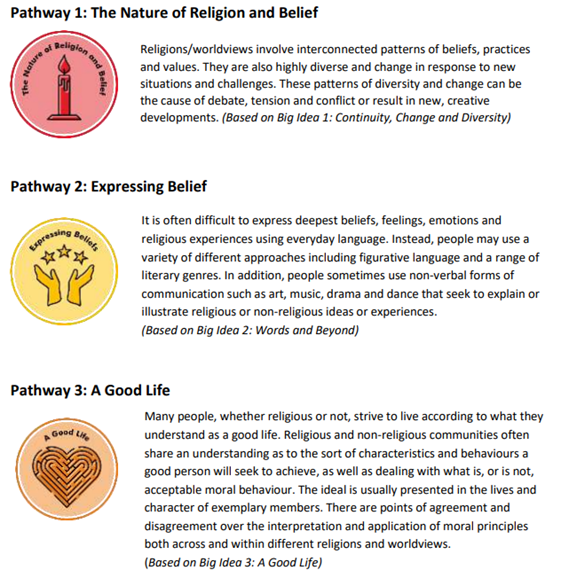
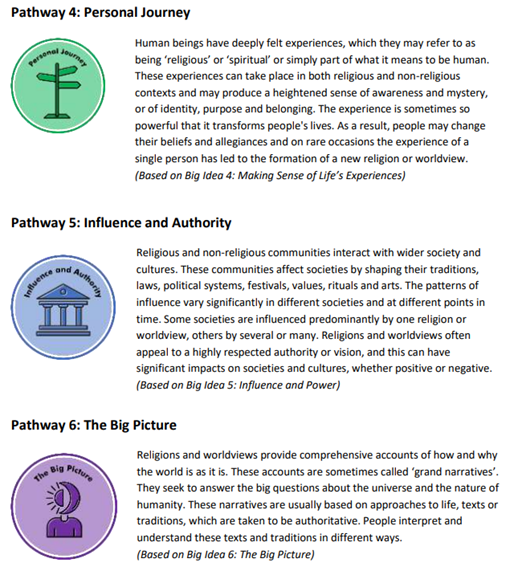
Learning is planned and sequenced to support pupils in building an ever-increasing picture over time, constantly building their knowledge and understanding of key subject knowledge and specialist vocabulary. It is a legal requirement that all pupils are entitled to religious education. Therefore, we deliver RE with integrity and time is allocated weekly within each Key Stage. Our units are cycled as follows:
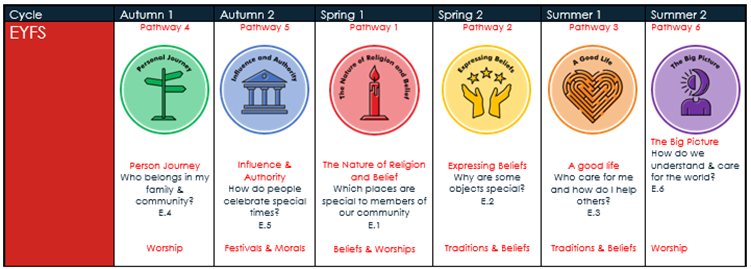
Foundation Stage
At Tranmere Park Primary, pupils will encounter religions and other world views through special people, books, times, places and objects and by visiting places of worship. They will listen to and talk about stories from a range of different religions and world views. Pupils will be introduced to subject-specific words and use all their senses to encounter beliefs and practices. They will be encouraged to ask questions and talk about their own feelings and experiences.
Key Stage 1
Pupils will develop their knowledge and understanding of religions and world views, recognising local, national and global contexts. They will use basic subject-specific vocabulary. They will start to raise questions about beliefs and find out about questions of right and wrong and begin to respond with their own views.
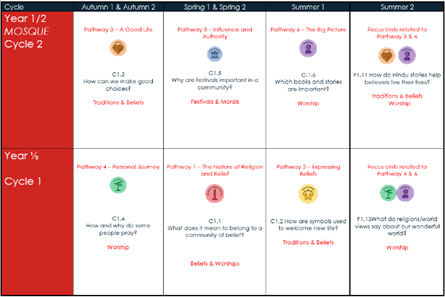
Key Stage 2
Pupils will extend their knowledge and understanding of religions, beliefs and values, recognising personal, local, national and global contexts. They will be introduced to an extended range of sources and subject-specific vocabulary. They will be encouraged to be curious and to ask and discuss increasingly challenging questions about beliefs, values and human life, drawing on the insights of religions and other world views. Pupils will respond with their own ideas, identifying relevant information, selecting examples and giving reasons to support their ideas and views.
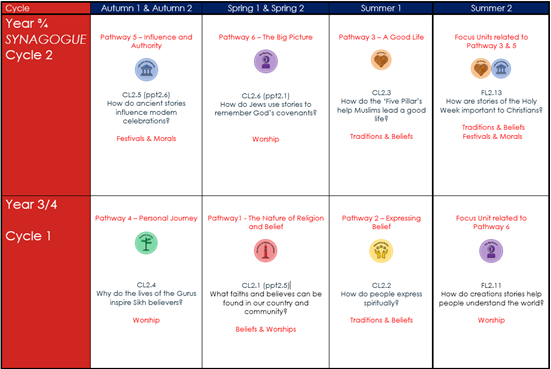
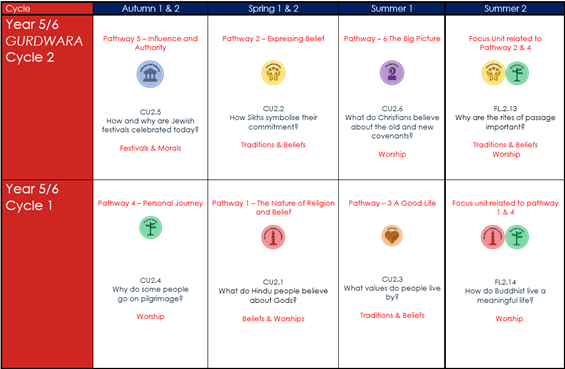
Assessment
By the end of each key stage, pupils are expected to know, apply and understand the knowledge, skills and processes specified in the programme of study. Assessment will be based on pupils’ progress towards the end of key stage statements set out in the Leeds Agreed Syllabus 2019 -2024. The non-statutory units of work provide assessment examples based on this ladder of skills and knowledge, working towards the end of key stage assessments. After each unit, staff will assess children’s attainment in the key areas studied, using the Tranmere Park Foundation Stage Assessment documents.
To achieve this staff will use:
- Short-term assessments - aim to assess the children’s learning informally on a lesson by lesson basis and are key to our curriculum. These could include observations of groups, analysis of whole class feedback, the marking of work or short tests, either in written or oral form.
- Medium-term assessments are completed at the end of a half-term. These grids are kept in the assessment folders within classrooms.
- Long-term assessments assess our children against national expectations. These are also used to provide extra information about individual children’s attainment and progress so that the teacher can report to the next teacher and the child’s parent. Furthermore, data will be used by SLT to brief the governing body, the staff and the LEA on overall progress towards the school’s end of year targets.
Monitoring
There is an ongoing cycle of subject monitoring at Tranmere Park Primary. The Subject Leader will be allocated a block of time during the academic year to monitor the subject across the phases linked to the whole school development priorities. This will focus on RE specific teaching and learning with reference to how we teach Religious Education and may include: classroom observations, talking to children and adults, planning annotations, looking through class RE big books and evidence of first-hand experiences. Results of monitoring will inform the Subject Leader’s action plan and subject self-evaluation at the end of the academic year.
The Subject Leader manages the long-term plan for Religious Education. The Subject Leader also reports to the Head teacher at the end of the academic year, referring to the data analysis of each classes RE end of year data.
Impact – What knowledge and skills are obtained?
At Tranmere Park, every pupil will:
- Make progress and achieve national expectations, irrespective of background and entry points.
- Reflect on their own thoughts, raise questions for themselves and of others.
- Be able to review their own experiences and learn how to respond to them and the world around them.
- Become inspired to learn from others and discover the value of empathy.
- Understand there is a rich heritage of faiths and beliefs which will enable them to develop their own critical and reflective skills
- Develop spiritually, academically, emotionally and morally, promoting and realising a better understanding of themselves and others. Be equipped with the opportunities, challenges and responsibilities that come from living in a rapidly changing, multicultural world.
- Experience lessons that promote choice and independent thinking.
- Have a positive attitude towards people, respecting their right to hold different beliefs.
- Recognise similarities and differences in commitment, self-understanding and the search for truth. Respecting and valuing these for the common good.
Further to the above, our Curriculum, at Tranmere Park, is designed to ensure that each and every child achieves or demonstrates the following:
| The Team Tranmere Way | |||||
| Be Yourself | Be Your Best | Be Team Tranmere | |||
| Our children will learn to like who they are; they respect themselves and live their lives in their own way, regardless of the opinions of others. | Our children ‘give it everything they have got’ to achieve their full potential across the curriculum. | Our children are a part of a community and have respect for the resources and people in it and that surround it. | |||
| Our Learning Values and Behaviours | |||||
| Self-Manager | Effective Participator | Independent Enquirer | Team Worker | Resourceful Thinker | Reflective Learner |
| Our children set their own goals and manage their own time, motivation and concentration. | Our children participate in lessons and persuade and encourage others to do so. | Our children set goals for their research with clear success criteria. | Our children understand that we are stronger together and implement this. | Our children are problem-solvers who can adapt to new or difficult situations. | Our children critically analyse their work ensuring future improvements. |



